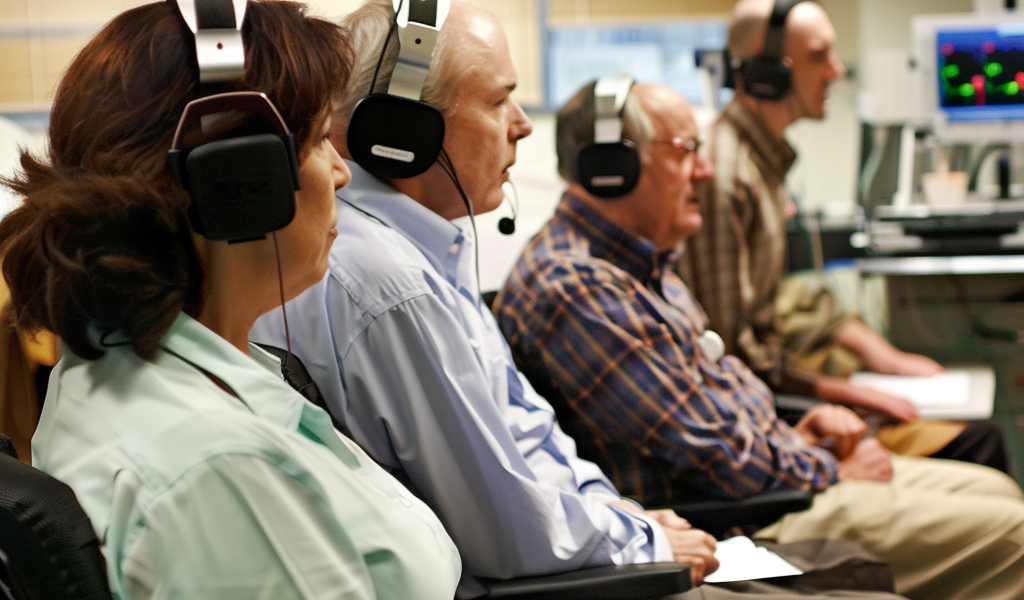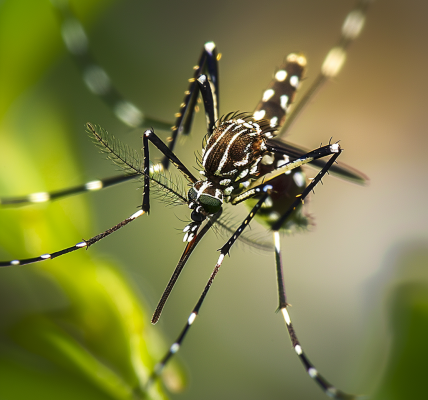A recent study published in the journal Neuropsychologia has shed light on the underlying neural mechanisms of stuttering in adults. The research found that individuals who stutter demonstrate lower accuracy in repeating nonword syllable sequences compared to fluent speakers, indicating distinct patterns of brain activity in regions associated with sensorimotor and auditory processing.
Stuttering is a speech fluency disorder that impacts millions worldwide, often beginning in early childhood. While many children naturally recover from stuttering, those who do not can face significant psychosocial challenges. Understanding the neural processes involved in stuttering is crucial for developing effective therapeutic interventions.
Scientists have long suspected that anomalies in brain regions responsible for speech production and working memory play a role in stuttering. However, the specific mechanisms have remained elusive. The recent study aimed to investigate these mechanisms by analyzing brain activity patterns in adults who stutter while performing a phonological working memory task.
Andrew Bowers, an associate professor at the University of Arkansas and a speech-language pathologist, explained the significance of the study, stating, “Most children who stutter naturally recover, and a key predictive task for recovery or persistence is nonword repetition. I aim to understand why this task is predictive, starting with adults.”
The study involved 23 adults who stutter and 23 fluent speakers, matched for age, sex, and handedness. Participants were tasked with repeating nonword syllable sequences as part of the research.





